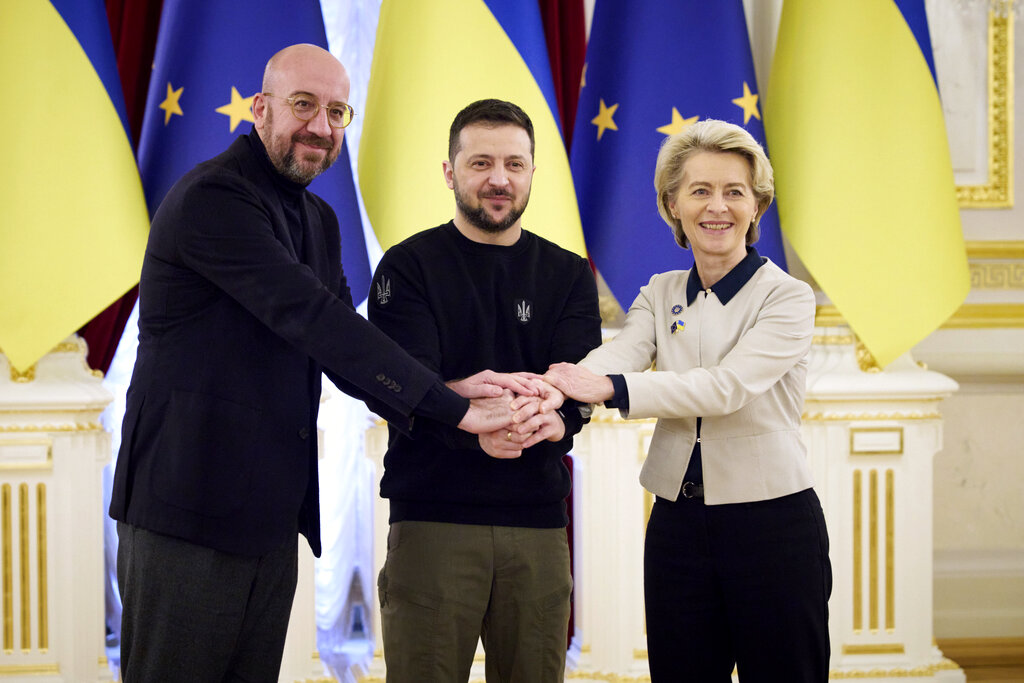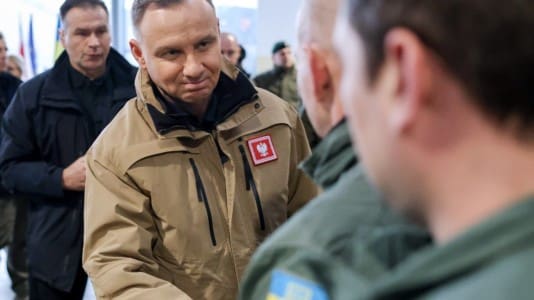The feeling of disorientation caused for many in the West by the Russian war was not just the result of previous geopolitical and economic calculations that saw Russia as a European partner. The reasons are deeper, and “the partner” assuming the role of a horrible aggressor who deceived us is not one of them.
The question is rather why people in Europe were tricked so easily? Why did they want to see a partner in Russia, which created the basis for their baffling naivety?
The most obvious and upsetting answer is, unfortunately, greed.
The debate about European values has been growing in the EU for the past two decades or so. It had existed before, with the first declaration of common values uniting member states being made even 50 years ago. However, only with the enlargement and then the first great financial crisis that shook the foundations of the EU, did the focus shift to needing to defend and promote European values.
Unfortunately, those declarations did not go hand in hand with practice, and it was even becoming increasingly clear that those who declare those values as their own often pursue policies that are the exact opposite, be it in energy, security, or social issues.
The moment of truth has come with the war. The normative power of Europe turned out to be normative powerlessness.
By that, I do not refer to the fact that for a year European countries have only been able to work out the next decisions regarding military aid for Ukraine under U.S. direction. You probably have to be realistic about these things.
More troubling is the fact that apparently those who speak out loudest about European values do not want to accept that their future is being decided on the battlefield in Ukraine. They will gladly succumb to the temptation and will pretend that the aggressor can be a perfect and necessary partner to secure future profits.
If European values are to have any real meaning for us, we need to prove to ourselves that we can really learn from our own mistakes.






